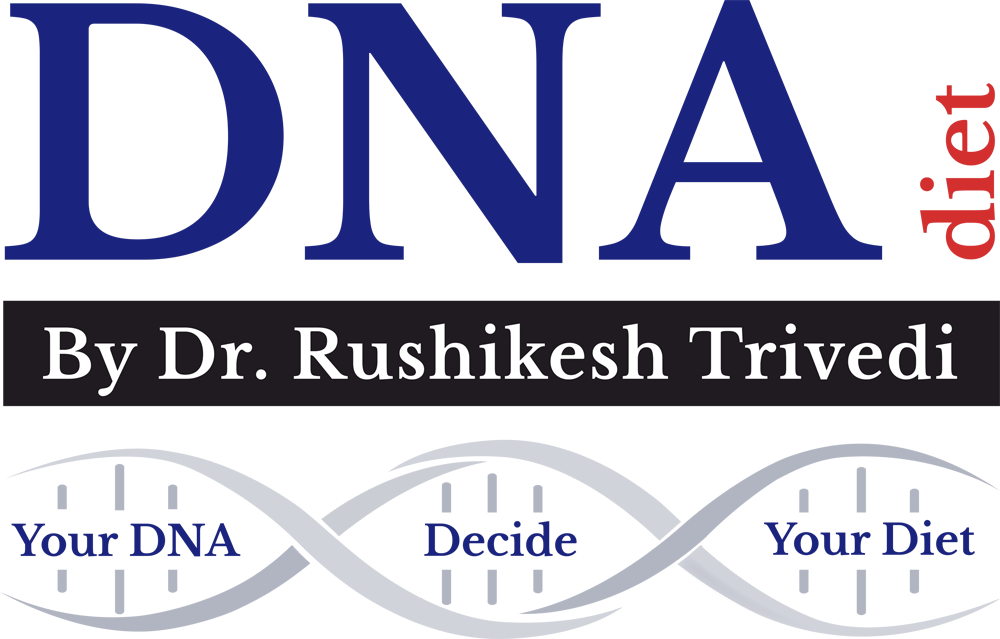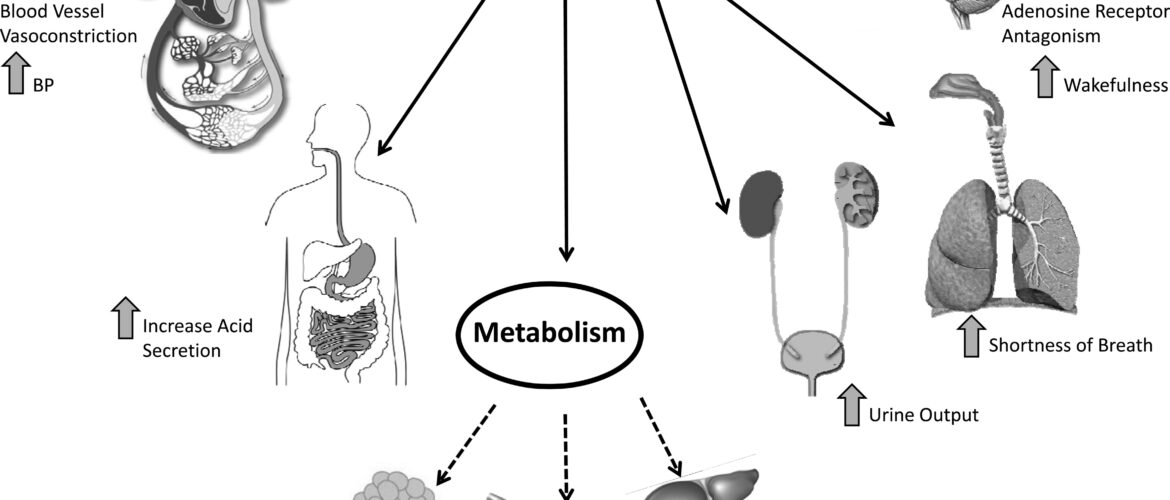Caffeine is a natural stimulant of the central nervous system. It is very commonly found in substances such as – tea, cocoa beans, kola nuts, etc. It naturally occurs in over 60 plants. Despite being a psychoactive substance, its sale still goes unregulated in the world. Caffeine metabolism is different for people belonging to different age groups, sex, hormones, etc. Scientific studies have suggested that the consumption of caffeine over a long period helps in burning fat. But long-time consumption of caffeine makes the body resistant to it. Recently, a term called genetic diet is gaining popularity these days. An ancestral diet is a specially designed diet after conducting genetic tests related to the individual’s medical condition. Having done so, special personalized diets are designed to meet the requirements of the person.
WHAT IS CAFFEINE METABOLISM?
Once caffeine is consumed orally by the individual, it is absorbed into the blood and blood tissues, and within 45 minutes, it gets completely absorbed in the blood. The caffeine may last for a few hours, depending on how quickly or slowly your body metabolizes caffeine. Other than sex, age, and hormone, there are two more factors affecting the metabolism of caffeine in our body. These are genetic factors and environmental factors. Environmental factors include – alcohol consumption, smoking status, liver disease, etc. These factors determine how our body metabolizes caffeine and how the consumption of caffeine affects our everyday activities.
HOW DO GENETIC FACTORS AFFECT CAFFEINE METABOLISM?
Scientific studies have suggested that genes can help determine whether a person will have side effects from caffeine or not. Moreover, it can also be determined how likely you are to consume caffeine, and whether you can easily metabolize caffeine or not. But the most significant effect of genetic factors on caffeine metabolism is the fact that a person who metabolizes caffeine slowly is at a higher risk of suffering from a non-fatal heart attack or high blood pressure as compared to a person who metabolizes caffeine efficiently. Although caffeine has often been described as beneficial by scientists, it is also suggested that not all people react to caffeine in the same way. A slow metabolizer of caffeine often experiences the negative effects of caffeine consumption. There are two different genes in the DNA of the human body associated with caffeine metabolism.
HOW DO GET YOUR CAFFEINE METABOLISM TESTED?
To determine whether you are a fast or a slow metabolizer of caffeine, you need to get your DNA genetic testing done for the presence or absence of caffeine genes. The results of this DNA testing will help determine your proneness to non-fatal heart attacks. The results of this test will help design a personalized diet for the slow as well as the fast metabolizer of caffeine. This customized diet plan can serve as the gene-diet and drive you one step closer to having a perfectly balanced diet. To get a DNA test done for testing of caffeine gene, you can simply log on to the official site of “DNA diet” – http://dnadiet.co.in/ by Dr Rushikesh Trivedi. So get your caffeine metabolism tested and get one step closer to having a balanced diet.
The DNA Diet by Dr Rushikesh Trivedi is an upcoming diet plan that has a significant interest in the gene pattern of a person. Your genes can be the blueprint for good health if you have a diet according to them. The secret to a perfect diet for the people of today’s generation can be found in their DNA. DNA is the vital substance of the human body and science has long ago proved that all our characteristics are stored in it. According to diet plan weight loss nutritionists, if a person has diet intake according to the setup of his genes, he could lead a healthy living. This diet is entirely different from other traditional diet concepts, where cutting the calories is more important. As mass weight gain/loss powders and eatables have a chance of causing problems in the long run. However, By the DNA Diet provided by our dieticians offer a diet plan for weight loss treatment by providing an effective diet schedule matching their needs.


